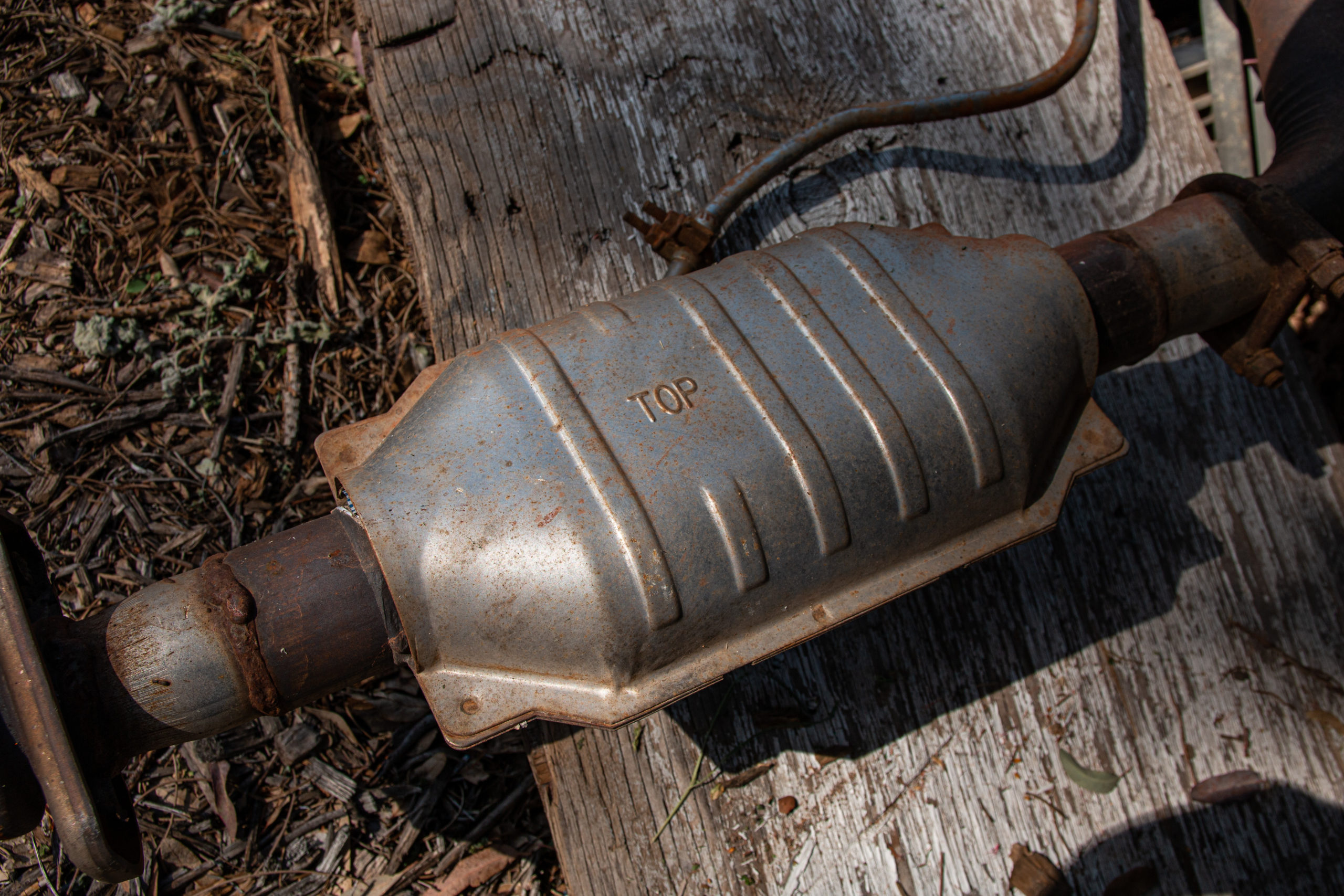
25 April 2024
Metal Thefts on the Rise
In recent years, there has been a noticeable rise in substantial cable theft incidents occurring at both infrastructure and non-infrastructure sites. A recent report by the All-Party Parliamentary Group on Metal, Stone and Heritage Crime has underscored the gravity of the situation. It discloses that theft cases involving catalytic converters, lead roofs and cables are escalating month on month, with metal theft bringing a staggering loss of nearly half a billion pounds to the UK economy in 2022. Read the full report HERE.
Matthew.Collins@ascendbroking.co.uk | Office: 01245 449060
What is metal theft?
Metal theft involves the illegal act of stealing various types of metal, often for the purpose of selling it for profit. Thieves steal metals from infrastructure such as railway lines, telecommunications equipment and utility networks, as well as from non-infrastructure sites like construction sites, churches and residential properties. The stolen metal is typically sold to scrap yards or recycling centres where it can be melted down and sold on the secondary market. Metal theft can cause significant financial losses to businesses and infrastructure providers, disrupt essential services and pose safety risks to the public. Common targets for metal theft in the UK include copper wiring, lead roofing, catalytic converters and bronze sculptures.How can your business protect against metal theft?
There are several measures a business can take to protect itself:· Security measures
Implementing physical security measures such as fencing, locks and security cameras can deter potential thieves and make it more difficult for them to access valuable metal assets.· Lighting
Adequate lighting around the premises can help deter theft by making it harder for thieves to operate under cover of darkness.· Alarms and sensors
Installing alarms or motion sensors can alert authorities or security personnel to suspicious activity, prompting a rapid response to potential theft incidents.· Marking and tracking
Marking metal assets with unique identifiers or tracking devices can help trace stolen metal back to its original source, making it less attractive to thieves and easier to recover.· Secure storage
Storing valuable metals in secure areas or containers when not in use can help prevent unauthorised access and reduce the risk of theft.· Employee training
Providing training to employees on how to recognise and report suspicious activity can help increase vigilance and improve overall security awareness.· Partnerships and information sharing
Collaborating with the police, industry groups, and neighbouring businesses to share information and co-ordinate efforts can enhance security and help prevent metal theft in the community.· Regular inspections and maintenance
Conducting regular inspections of metal assets and infrastructure to identify vulnerabilities and address any security weaknesses can help prevent theft and minimise potential losses. By implementing a combination, if not all, of these measures, businesses can significantly reduce the risk of metal theft and protect their valuable assets. In partnership with Aviva, Selectamark is a company that can provide various Forensic DNA marking products. Their products help to reduce the likelihood of theft, act as a deterrent and help improve the traceability of stolen materials. Aviva has also published a comprehensive guide to metal theft HERE.Read more blogs from Ascend:
Designer jewellery in 2024 Sustainability in manufacturing - a comprehensive guideAny questions? Please don’t hesitate to contact one of our team.
Matthew.Collins@ascendbroking.co.uk | Office: 01245 449060
Recent Posts
Ascend Broking
How AI is Revolutionising Fleet Safety
Ascend Broking
The Risks of Leaving Tools in Vehicles Overnight
Ascend Broking





